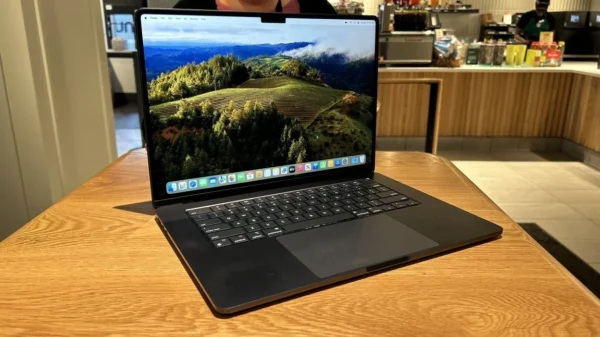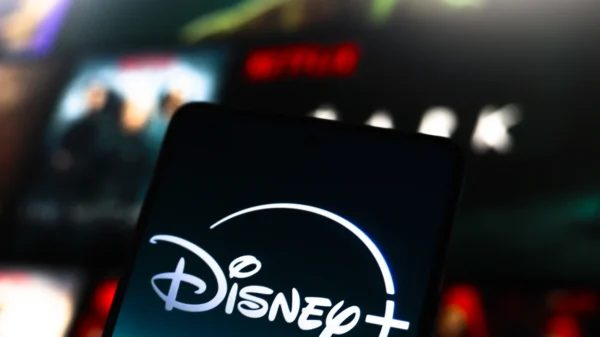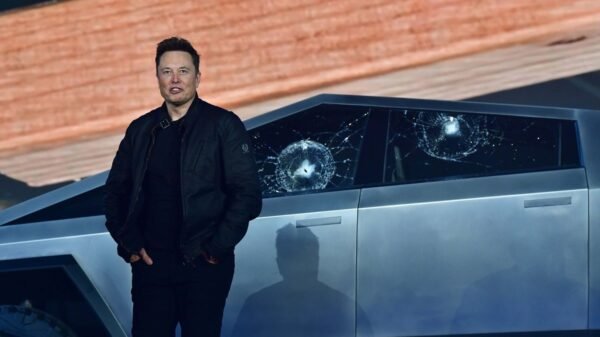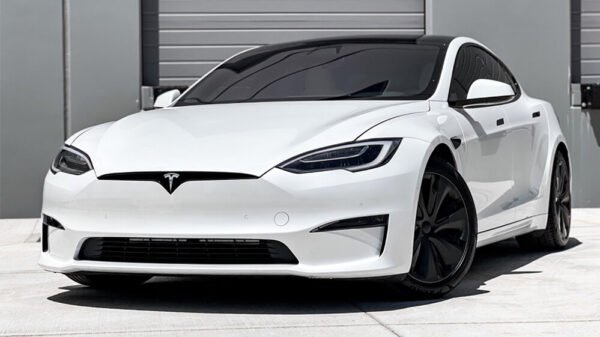In a statement to IGN, Nintendo has recently announced that they would discontinue manufacturing the wildly successful NES Classic, sending out the final shipment of the console in April. The NES Classic, which resembled a smaller version of Nintendo’s original Nintendo Entertainment System home gaming console released in North America in 1985, came preloaded with a number of popular NES titles and sold out in stores across the country for the holiday season. Given the system’s incredible popularity, Nintendo decided to manufacture extra shipments of the console into the new year, although the console was originally intended only to be sold for the holidays. In spite of this, Nintendo has decided to end production of the NES Classic indefinitely, and has also ended production of the console’s associated controller, though it’s currently unknown whether this is limited to North America or is effective worldwide.
Although this decision seems irrational given the console’s continuing success, it fits into a pattern of behavior typical of the company’s standard business practices. Nintendo has historically had difficulties keeping many of their popular items in stock; the company’s popular amiibo series of figurines is frequently out of stock, and the limited edition Majora’s Mask version of Nintendo’s New 3DS console was resold on eBay for several times its MSRP, and continues to fetch a high price online. Historically, Nintendo has always had problems manufacturing enough of their most popular products to meet demand; this could be due to a desire to cultivate an artificial sense of scarcity, thus making their products appear to be of a higher quality, or it could be a result of the company taking a conservative position of not wanting to manufacture units which go unsold.
Additionally, Nintendo seems to be devoting its resources and attention to the new Nintendo Switch console, which was released last month and succeeds the Wii U and the New 3DS as the company’s current primary gaming device. As the Switch bears the majority of Nintendo’s focus, the company may wish to avoid splitting the interest of their market by offering the cheaper NES Classic, which cannot be expanded by purchasing additional games, as an alternative to the Switch, which Nintendo certainly plans to continue to sell and develop games for throughout the next several years. Depending on how similar the manufacturing processes are between the two consoles, it may also be a logistical concern for Nintendo, as the facilities that were devoted to producing the NES Classic may be repurposed for producing the Switch, which has also been extremely successful and plagued by shortages.
The reasons for Nintendo’s discontinuation of the Switch could also be ideological in nature.
The reasons for Nintendo’s discontinuation of the Switch could also be ideological in nature. Nintendo has always presented itself as a company that prides itself on innovation: in recent years, the company introduced motion controls to gaming with the Wii, developed a dual-screen portable gaming experience with the Nintendo DS, and, most recently, created a hybrid home gaming console and portable gaming console with the Nintendo Switch. The NES Classic, however, decidedly looks to the past: the console is little more than a repackaging of older games, with tried-and-tested game mechanics and a familiar play style, at a relatively low price. Much of the NES Classic’s success can be attributed to nostalgia; many of the people who grew up with the NES are now parents who have jumped on the opportunity to share their memories of their gaming experiences with their children in the form of the NES Classic.
This nostalgia, however potent, presents a problem for Nintendo; although much of the company’s success can be attributed to its audience’s ongoing familiarity with the characters and experiences of its older games, the company’s brand depends on its message of looking towards the future of gaming. As such, the seemingly foolish decision to cease production of the NES Classic could be a strategic move designed to emphasize the company’s association with looking forward by cutting off their products that look to the past.
Featured image via Flickr

















































